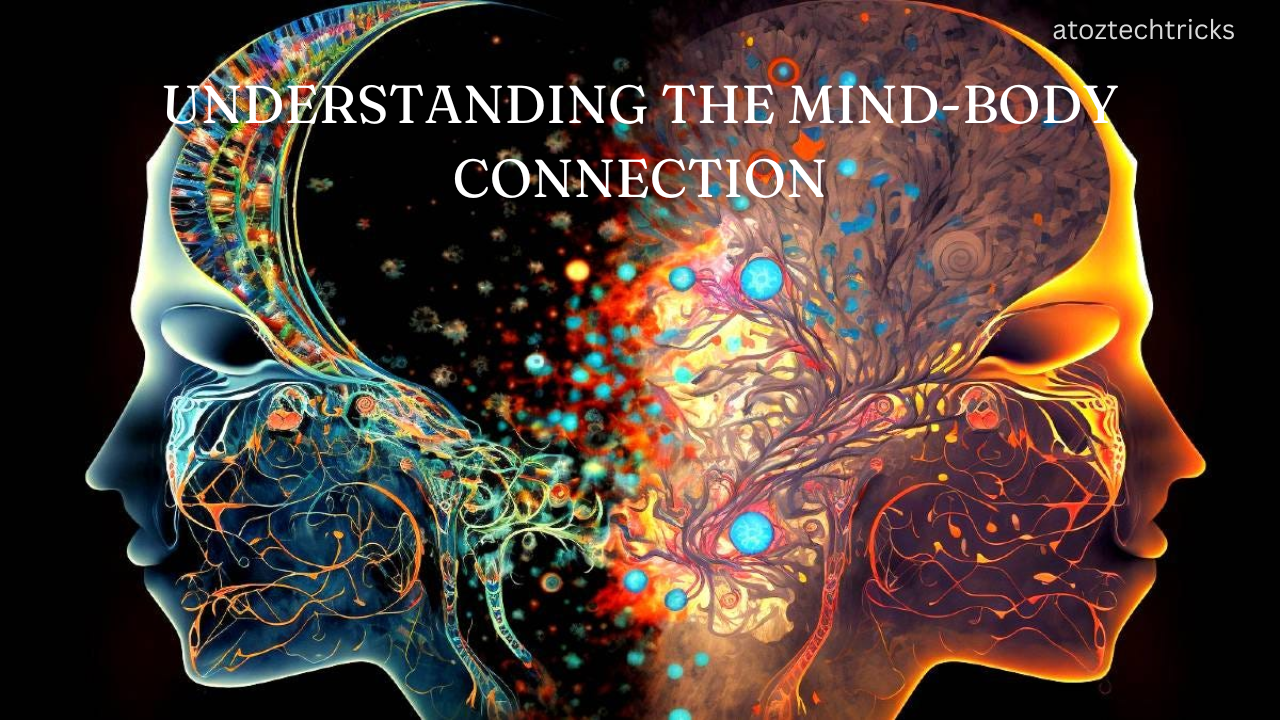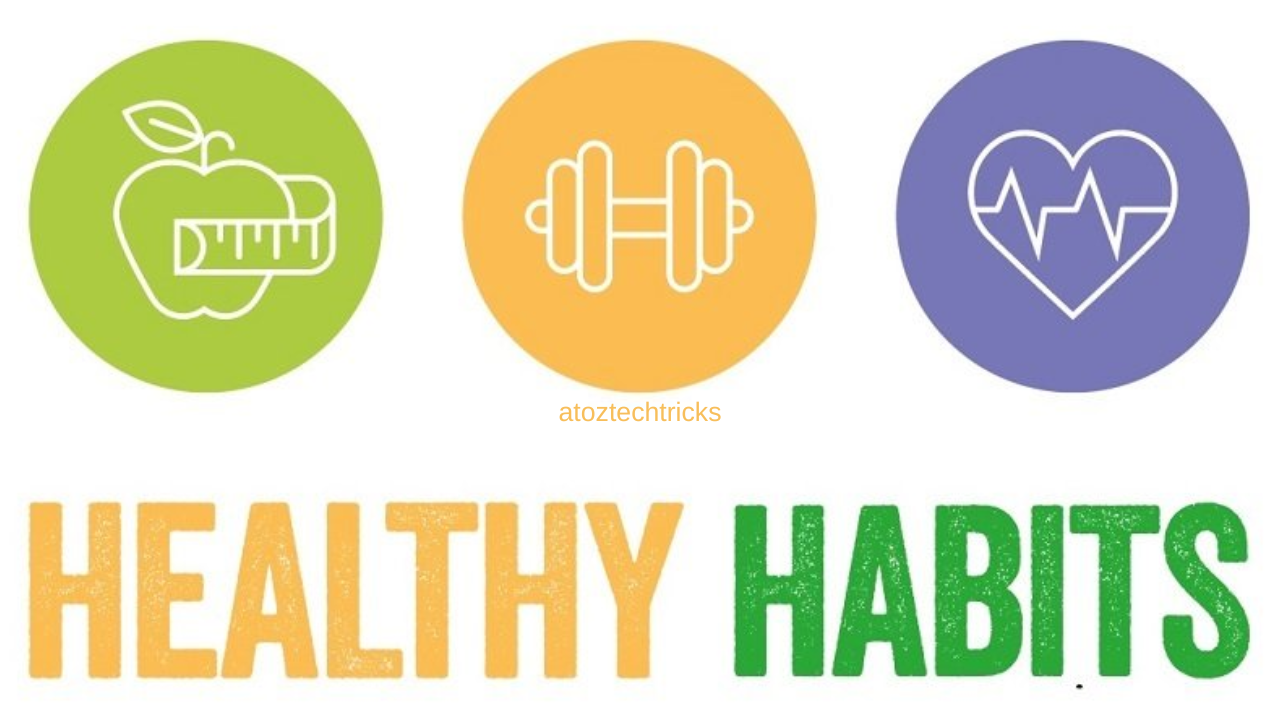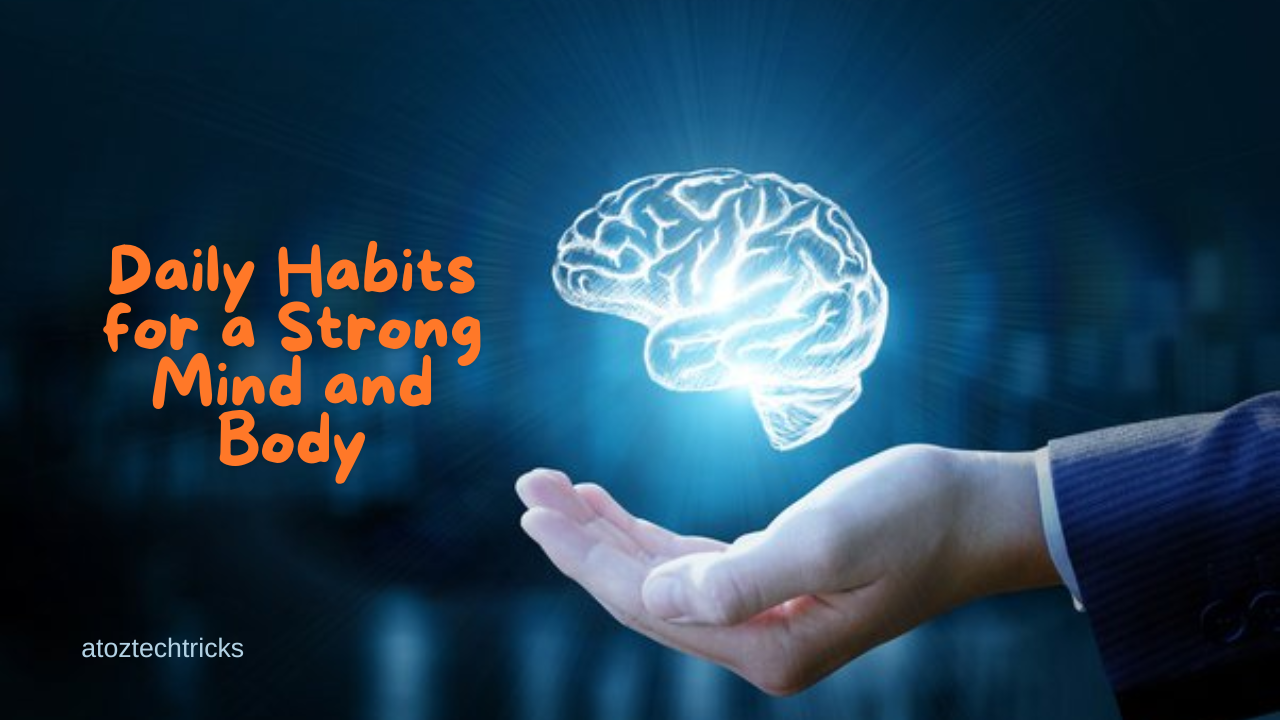Understanding the Mind-Body Connection
The mind-body connection refers to the intricate relationship between our mental state and physical health. This concept underscores how our thoughts, emotions, and psychological processes can impact our physical well-being, and vice versa. The idea that the mind and body are interconnected is not new; it has been explored in various cultures and medical traditions for centuries. In recent years, scientific research has provided a more profound understanding of this relationship, revealing how psychological factors can influence physical health and how physical health can affect mental well-being.
The Historical Context
The concept of mind-body integration can be traced back to ancient philosophies and medical systems. In Eastern traditions, such as Chinese medicine and Ayurveda, the idea that mental and emotional states affect physical health has long been recognized. For example, traditional Chinese medicine (TCM) views health as a balance between mind, body, and spirit, emphasizing the role of emotions in the onset of disease.
In Western medicine, the idea has evolved. Ancient Greek physician Hippocrates, often called the “Father of Medicine,” believed that emotional and psychological states were closely linked to physical health. However, it wasn’t until the 19th and 20th centuries that modern medicine began to systematically study and understand the mind-body connection through empirical research.
The Science Behind the Mind-Body Connection
Modern science has provided substantial evidence supporting the mind-body connection through research in various fields, including psychology, neuroscience, and immunology.
1. Psychoneuroimmunology
Psychoneuroimmunology (PNI) is the study of how psychological processes influence the immune system and overall health. Research in this field has demonstrated that stress and emotions can significantly affect immune function. For instance, chronic stress can suppress the immune system, making individuals more susceptible to infections and illnesses. On the other hand, positive emotions and social support can boost immune response, contributing to better health outcomes.
2. Neuroplasticity
Neuroplasticity refers to the brain’s ability to reorganize itself by forming new neural connections throughout life. This concept highlights the brain’s remarkable capacity to adapt to changes and experiences, including those related to mental and emotional states. For example, mindfulness and cognitive-behavioural therapies (CBT) have been shown to induce changes in brain areas associated with stress and emotional regulation, leading to improvements in mental health and, consequently, physical health.
3. The Placebo Effect
The placebo effect is a well-documented phenomenon where patients experience real improvements in their health after receiving a treatment that has no therapeutic effect. This effect underscores the powerful role of the mind in influencing physical health. Belief in the efficacy of a treatment can activate brain regions involved in pain modulation and stress reduction, leading to measurable changes in symptoms.
The Impact of Stress on Health
Stress is one of the most studied aspects of the mind-body connection. It can have both immediate and long-term effects on physical health.
1. Acute vs. Chronic Stress
Acute stress is a short-term response to a specific situation, such as a presentation or an exam. In small doses, acute stress can be beneficial, enhancing alertness and performance. However, chronic stress, which persists over time due to ongoing life pressures, can have detrimental effects on health.
2. Physiological Effects of Stress
Chronic stress activates the body’s “fight or flight” response, leading to the release of stress hormones like cortisol and adrenaline. Prolonged elevation of these hormones can lead to various health issues, including cardiovascular problems, digestive issues, and impaired immune function.
3. Mental Health Implications
Chronic stress is closely linked to mental health disorders such as anxiety and depression. The constant activation of the stress response can lead to changes in brain chemistry and structure, contributing to the development and persistence of these conditions.
Emotional Well-Being: A Comprehensive Guide to Nurturing Mental Health
Strategies for Enhancing the Mind-Body Connection
Given the significant impact of the mind-body connection on health, it is essential to explore strategies for fostering a positive relationship between mental and physical well-being.
1. Mindfulness and Meditation
Mindfulness and meditation practices focus on cultivating awareness and acceptance of the present moment. These techniques have been shown to reduce stress, improve emotional regulation, and enhance overall well-being. Research indicates that regular mindfulness practice can lead to changes in brain areas associated with stress and emotional control, contributing to better physical health outcomes.
2. Exercise and Physical Activity
Physical activity is a powerful tool for improving both mental and physical health. Exercise stimulates the release of endorphins, which are natural mood enhancers. Regular physical activity can also reduce symptoms of anxiety and depression, improve sleep quality, and enhance cognitive function. Additionally, exercise has been linked to improved immune function and reduced risk of chronic diseases.
3. Healthy Eating and Nutrition
Nutrition plays a crucial role in maintaining the mind-body connection. A balanced diet rich in vitamins, minerals, and antioxidants can support brain health and emotional well-being. For example, omega-3 fatty acids found in fish and nuts have been shown to have anti-inflammatory effects and support cognitive function. Conversely, poor dietary choices can negatively impact mood and overall health.
4. Sleep and Relaxation
Quality sleep is essential for maintaining a healthy mind-body connection. Sleep disorders and insufficient rest can lead to increased stress, impaired cognitive function, and a weakened immune system. Incorporating relaxation techniques, such as deep breathing exercises and progressive muscle relaxation, can improve sleep quality and support overall health.
5. Social Connections and Support
Strong social connections and support networks can have a profound impact on mental and physical health. Positive relationships can provide emotional support, reduce stress, and promote a sense of belonging. Engaging in social activities and seeking support from friends, family, or support groups can enhance overall well-being and resilience.
Integrating Mind-Body Practices into Daily Life
Integrating mind-body practices into daily routines can promote a balanced and healthy lifestyle. Here are some practical tips for incorporating these practices into your life:
- Set Aside Time for Mindfulness: Dedicate a few minutes each day to mindfulness or meditation. This can help reduce stress and improve emotional regulation.
- Incorporate Physical Activity: Find an exercise routine that you enjoy and can maintain regularly. Whether it’s walking, yoga, or strength training, physical activity can enhance both mental and physical health.
- Prioritize Nutrition: Make healthy eating choices by incorporating a variety of fruits, vegetables, whole grains, and lean proteins into your diet. Avoid excessive consumption of processed foods and sugary beverages.
- Establish a Sleep Routine: Aim for 7-9 hours of quality sleep each night. Create a relaxing bedtime routine and maintain a consistent sleep schedule.
- Foster Social Connections: Make time for social interactions and build supportive relationships. Engage in activities that bring you joy and fulfilment.
Identifying and Addressing Negative Emotions: A Comprehensive Guide
The Future of Mind-Body Research
The field of mind-body research continues to evolve, with ongoing studies exploring the complex interactions between mental and physical health. Future research may provide further insights into the mechanisms underlying the mind-body connection and lead to new approaches for enhancing overall well-being.
1. Advancements in Neuroscience
Advancements in neuroscience, including brain imaging techniques and neurogenetics, may offer a deeper understanding of how mental and emotional states influence brain function and health. These insights could lead to more targeted interventions for mental health conditions and improved strategies for promoting physical health.
2. Integrative Health Approaches
The integration of traditional and complementary medicine with conventional medical practices may offer holistic approaches to health care. Combining mind-body practices with evidence-based treatments could enhance patient outcomes and promote overall well-being.
3. Personalized Wellness Strategies
As research advances, personalized wellness strategies may become more prevalent. Tailoring mind-body interventions to individual needs and preferences could improve effectiveness and support optimal health outcomes.
The mind-body connection is a powerful and intricate relationship that influences our overall health and well-being. Understanding how mental and emotional states impact physical health, and vice versa can lead to more effective strategies for maintaining and improving health. By embracing practices that support both mental and physical well-being, individuals can foster a harmonious mind-body connection and enhance their quality of life. As research continues to uncover new insights into this connection, the potential for more comprehensive and personalized approaches to health care will grow, offering hope for better health outcomes and improved quality of life for all.





Post Comment